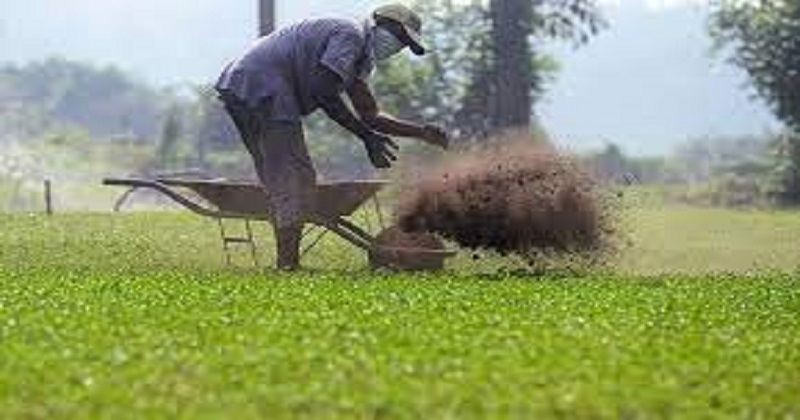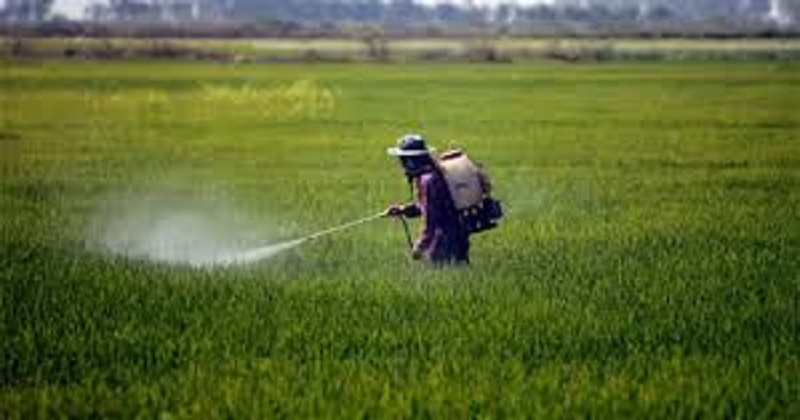
On Wednesday, Sri Lanka halted a 96,000-tonne shipment of fertilizer from China citing quality issues, undermining the country’s attempts to become the world’s first fully organic farming sector. Agricultural minister Mahindananda Aluthgamage said harmful bacteria were detected in samples of organic fertilizer in a statement. As part of an ambitious drive to go fully organic, the government banned the import of chemical fertilizer in May.
In a statement, the minister said that test results of the plant nutrients that had been brought by the Chinese supplier showed that they contained bacteria that caused soil spoilage. The organic nutrients would be used to replace the phased-out chemicals throughout the main rice cultivation season, starting in early October. The government had offered local farmers subsidies to produce compost, but they failed to meet demand – hence the Chinese imports, officials said.

As president in 2019, Gotabaya Rajapaksa promised subsidized fertilizer but later argued that agrochemicals were poisoning the people. According to him, the ban on chemical fertilizers, herbicides, and pesticides is not due to a lack of foreign exchange, since he is committed to healthier agriculture. Because of the acute shortage, it has halted other imports, including vehicles and spare parts.
Read more: ‘Inducting women into the Military’: Need to create an enabling workplace
Rice farmers have warned their crops could be halved without chemicals -the main foreign exchange-earning export and tea, respectively. W A Wijewardena, a former deputy governor of the central bank and economic analyst, called the organic project ‘a dream with unimaginable social, political, and economic costs’. Sri Lanka’s food security had been compromised, and that without foreign currency it was ‘getting worse by the day’.

Post Your Comments